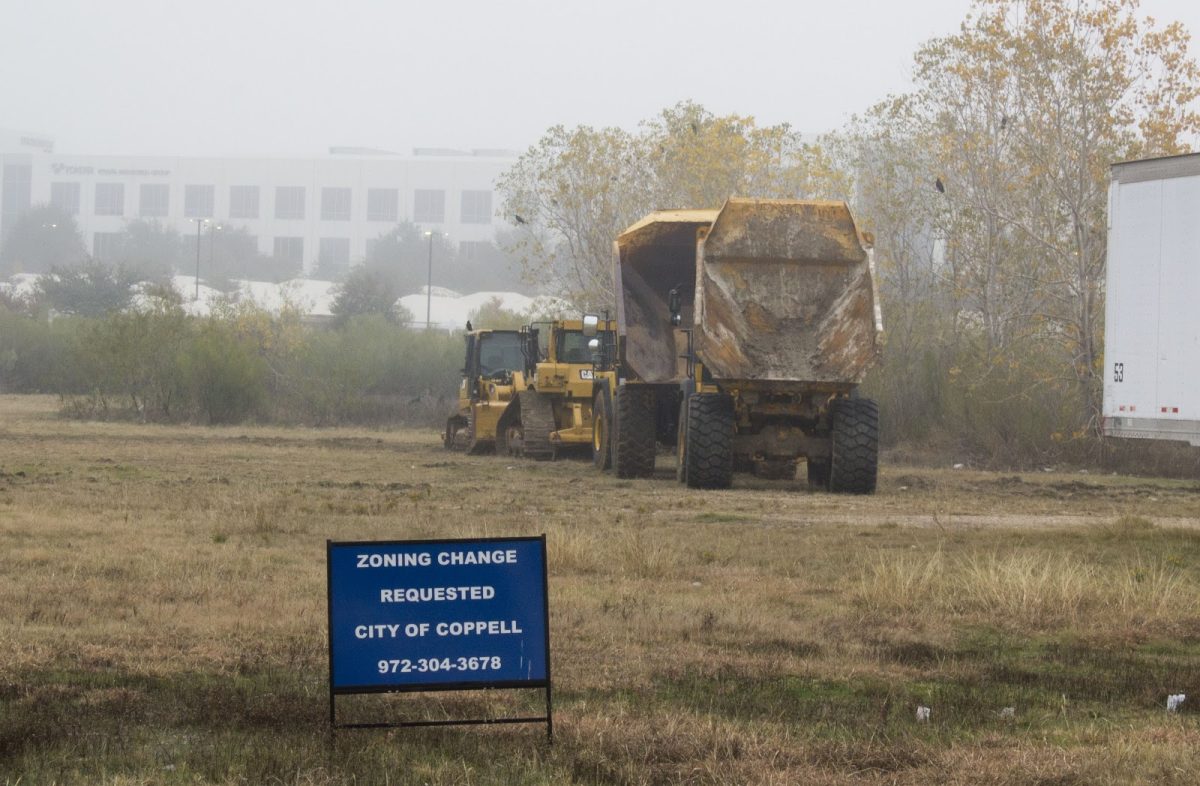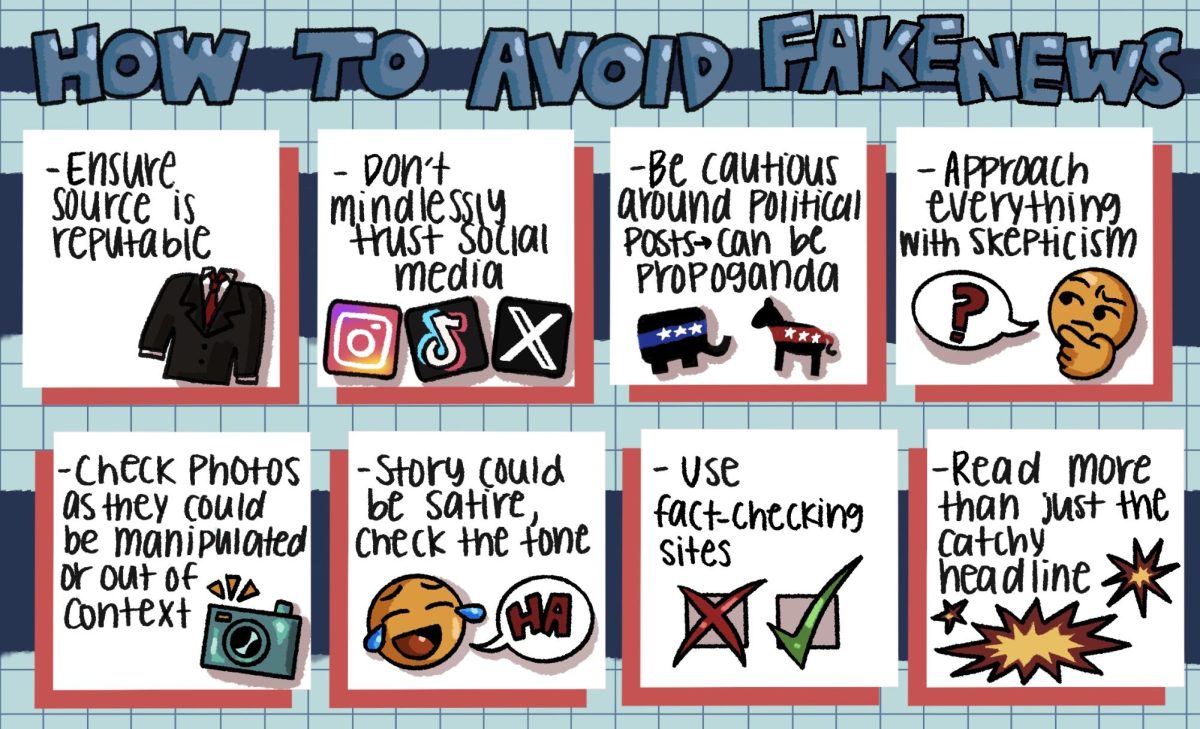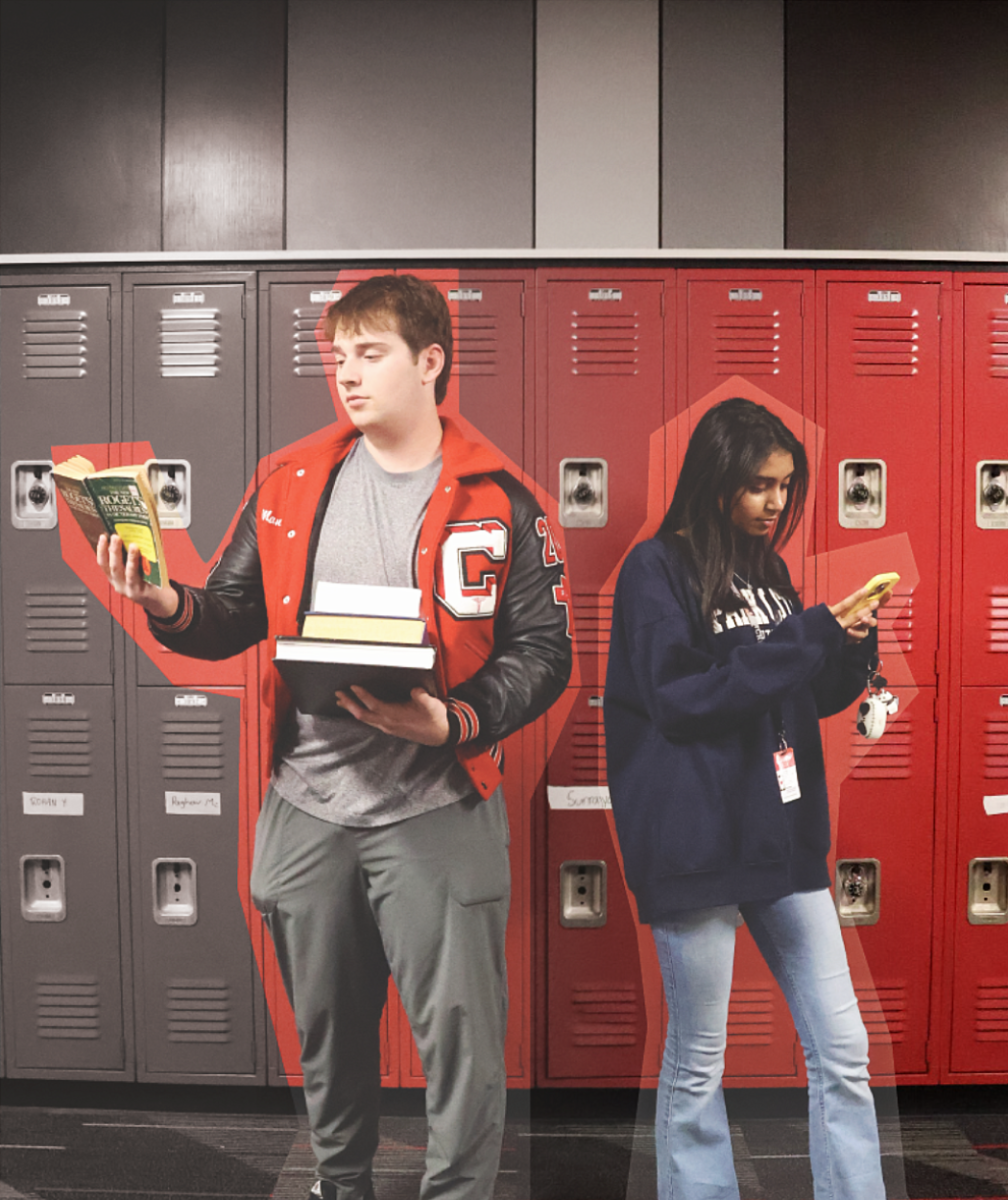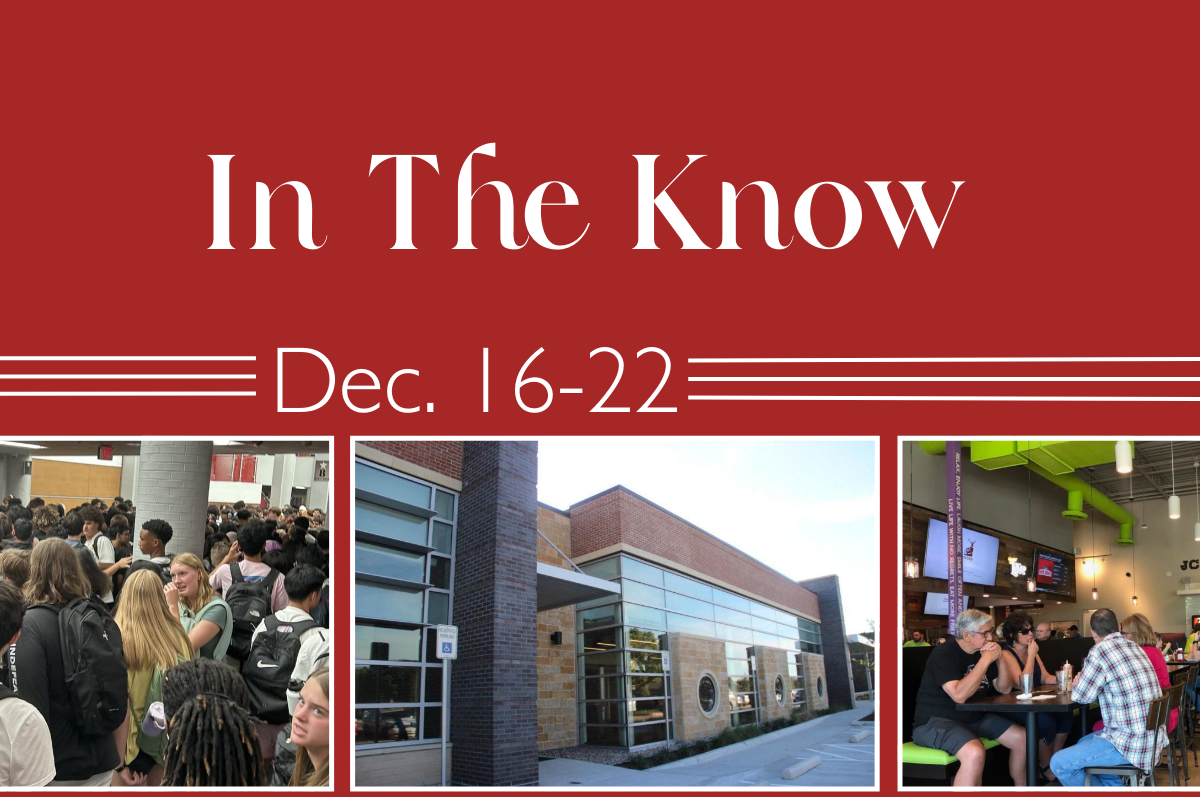Ashleigh Heaton
Entertainment Editor
Video by Molly Hohfler and Victoria Flemming
KCBY Broadcast
Athens, 1896: the first modern Olympics are held, with a few choice countries competing in track events such as discus and relay races. No big deal.
Vancouver, 2010: Hundreds upon hundreds of competitors from all over the world come together for the Winter Games, and Shaun White puts down his Double McTwister during his victory lap. Very big deal.
Needless to say, the Olympics has made some major changes throughout the course of its history, be it in the sports that are competed in or the presentation of the opening ceremonies. Despite the exterior changes, however, the intent of the Games has always been about bringing the world closer through the love of the sport – even students at Coppell High School.
“It truly is the best of the best – the best in the world coming together for world unity and peace,” junior Kelsey Dreier said. “Everyone comes together, melding and fighting at the same time.”
The 2010 Vancouver Winter Olympic Games began on a sad note when Georgian luger Nodar Kumaritashvili died in an accident during one of his practice runs on Feb. 12. After some modifications were made to the icy downhill track, the competition continued as planned but not without a batch of shock from viewers.
“[NBC] kept showing his crash video over and over [the only time they ran the segment], and all I could think was, ‘Who wants to see that?’” junior Shannon Conrad said. “I couldn’t watch.”
In spite of the tragedy, the Games began to pick up momentum after a superb opening ceremony and other matches began. Big names and medal hopefuls from Team USA include Shaun White (Snowboarding), Lindsey Vonn (Alpine Skiing), Apolo Ohno (Short Track), Meryl Davis and Charlie White (Ice Dancing) and Team USA for hockey, which beat the Canadian team in qualifiers for the first time in over 50 years. These competitors, as well as many others, have contributed to a stellar medal turnout thus far for America.
However, the Olympics offers many other events that are often overlooked by the more popular competitions, yet can be more extreme. Some of these lesser-known events include luge, freestyle skiing and biathlon, all of which have come and gone at this point during the 2010 games. For some students, simply flipping on the channel at the right time offered them a new form of sports entertainment they did not know they were missing in the first place.
“[Biathlon] was really interesting – I never thought there was a sport that could combine two things so different such as skiing and shooting,” junior Morgan Harnois said. “I like it because it’s not your typical, run-of-the-mill Olympics sport where they speed down the slope and try to go the farthest – it’s much more complicated than that. It’s a mix of having to go quickly while still being able to shoot something, calm your heart rate down and hit a target.”
NBC holds exclusive broadcasting rights of the games, producing profiles on athletes and covering events with the help of guest commentators – most of who are former U.S. Olympic champions in the sport. Though the commentary can be good to those who do not understand the event, some students have found them to be more unhelpful than not.
“I don’t really think the commentaries are necessary,” Harnois said. “They are kind of like background noise.”
This year’s Olympic Games have been an exciting one that has drawn students and staff from all across the campus toward the daredevil and exhilarating competition. However, remember that there comes a time when there is too much of a good thing, CHS.
“I spend way too much time watching when I should be doing my homework,” Dreier said with a laugh.
 " />
" />








